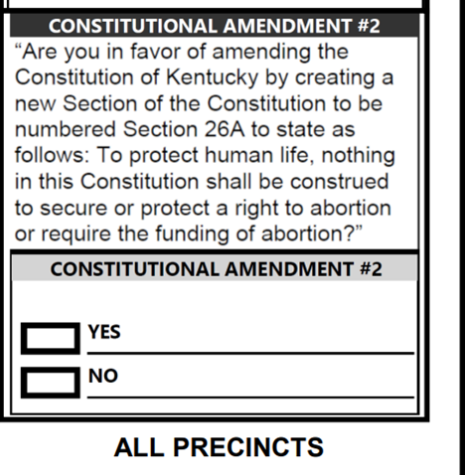U.S. Senate confirms Barrett to Supreme Court amid controversy
November 18, 2020
On Oct. 26, the Senate voted to confirm Amy Coney Barrett, President Trump’s most recent judicial nominee, into the Supreme Court, succeeding the late Ruth Bader Ginsberg following her death in September. Barrett has generated controversy for a multitude of reasons, involving her politics, religious views, and the timing of her confirmation in relation to the 2020 Presidential Election.
Barrett’s nomination makes her the closest Supreme Court judge to ever be nominated to an upcoming presidential election, with her being nominated on Sept. 26, only 35 days prior to the election Nov. 3. While a court vacancy appeared only 27 days from the election in 1864 following the death of Justice Roger Taney, Barrett is the closest to be nominated and confirmed prior to an election.
Barrett was confirmed with a narrow senate vote of 52-48, playing mostly by party lines. Democrats unanimously voted not to confirm Barrett, while every Republican but one voted to confirm her, the exception being Sen. Susan Collins of Maine.
Barrett’s addition to the Supreme Court gives it a 6-3 conservative majority, shifting the court further right from the previously held 5-4 conservative majority. This has spawned controversy as it removes a conservative swing vote from the court, and threatens the further shift of the judicial branch of government to become increasingly conservative.
Barrett’s politics and career have brought criticism from liberals and Democrats, regarding her faith-based anti-abortion stance and opposition to the Affordable Care Act, as well as her concerningly short judicial career prior to nomination, having only been a judge since 2017. Some find this especially concerning as Barrett replaces the comparatively progressive Ginsberg, who many felt was a strong advocate of women’s rights and abortion rights within the court, and find Trump’s nomination of a more conservative justice immediately after her passing to be in poor taste.
How much of a threat Barrett and the Roberts court pose to abortion rights, healthcare, and LGBT rights is still unknown, but Democrats and liberals are worried about Trump’s final supreme court justice. Regardless of the outcome of the 2020 election, Trump’s judiciary impact could last long beyond his presidency, with the newfound 6-3 conservative majority limiting the strength of a potential liberal legislative or executive branch to come.








